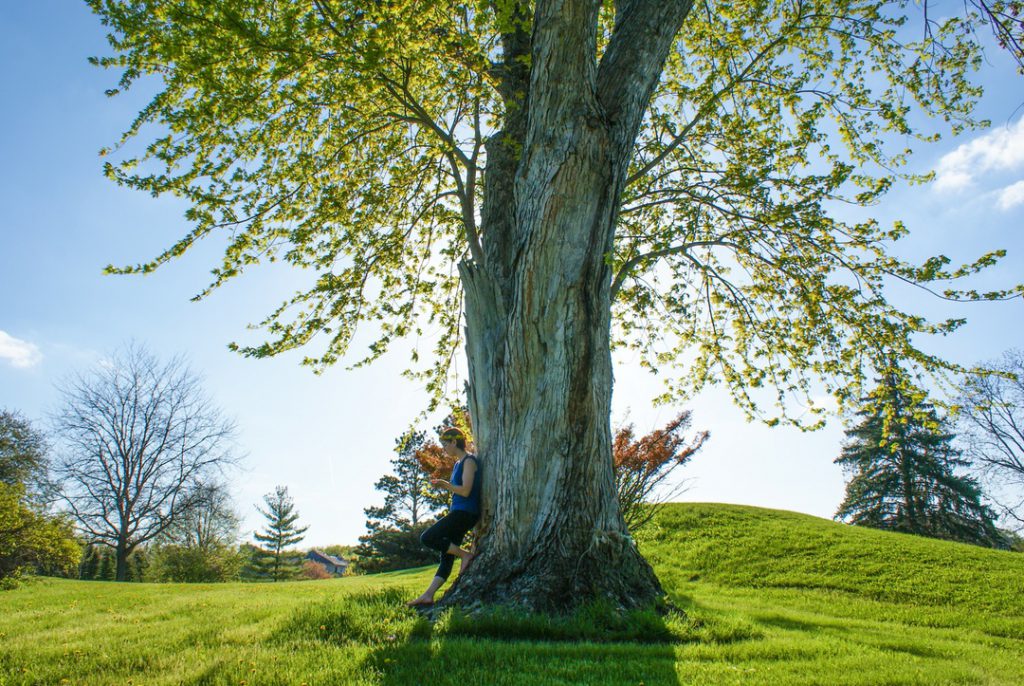Spring has sprung—or it’s just about to. That means spring allergies are “blooming,” too. But sometimes it’s hard to tell the difference between a cold and a seasonal allergy, also known as hay fever. Here are some signs to look for and ways to find relief.
Know the signs. Both colds and allergies can cause sneezing, stuffiness, or a runny nose. But there are telltale differences between a cold and seasonal allergy. Ask yourself these five questions. The more times you answer “yes,” the greater the chance the culprit is a seasonal allergy.
- Are plants starting to flower (or leaves starting to fall?) A change of season means this is more likely an allergy—your body’s response to airborne allergens (substances such as pollen that cause allergies). Colds are most common in winter months, and are caused by viruses that show up in any environment.
- Did your symptoms appear suddenly and last more than a week? Cold symptoms tend to appear more gradually but go away more quickly.
- Are your eyes watery and itchy? Allergens can inflame the clear membrane covering your inner eyelid and eyeball.
- Are you free of a fever? Allergies don’t cause fevers, but colds can.
- Is the nasal discharge thin and clear? By contrast, a thick, yellow or green discharge may accompany a cold.
Limit triggers. Birch, cedar, cottonwood, and pine are big allergy triggers in the spring. The other plants that cause problems depend upon where you live.
Just when you’re itching to get outdoors after a long winter, you may be better off staying inside. Try to limit your outdoor activities on days with high pollen counts—especially between 10 am and 4 pm, when pollen counts are highest. Windy days are the worst because wind can really kick up the pollen. You can find pollen between 10 am and 4 pm, when pollen counts are highest. Windy days are the worst because wind can really kick up the pollen. You can find pollen counts for your area through the National Allergy Bureau (NAB). Here you can also sign up for personalized email pollen alerts.
In addition, keep windows closed at home and in your car. For extra protection, you might try adding a high-efficiency particulate air (HEPA) filter to your furnace or air conditioner. It also helps to take an afternoon or early evening shower to keep pollen off your pillow. Likewise, at the end of the day, wipe off any pets that have been outdoors. Also, take off your shoes before coming inside.
Allergy relief aids. So right about now, you may be thinking: But how do I get relief? Our pharmacists can advise you about over-the-counter (OTC) remedies. Antihistamines treat symptoms such as sneezing and itchy nose or throat. Nasal or oral decongestants can help with nasal stuffiness. Eye drops relieve itchiness. Please don’t hesitate to ask our pharmacists any questions you have about side effects or how long you can safely use these drugs. If OTC drugs don’t do the trick, you might want to see an allergist, a doctor who specializes in treating allergies. Some people need other medications or allergy shots to feel better.
Happy Spring!
Wil Anderson
Tags: Allergy Season is Here, Oswald's Pharmacy


